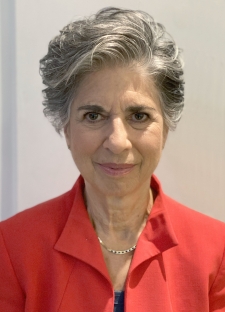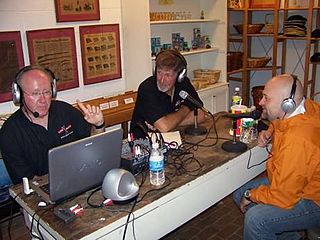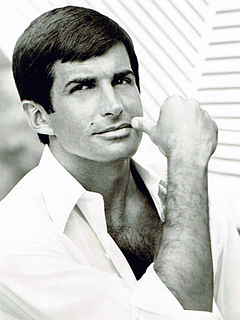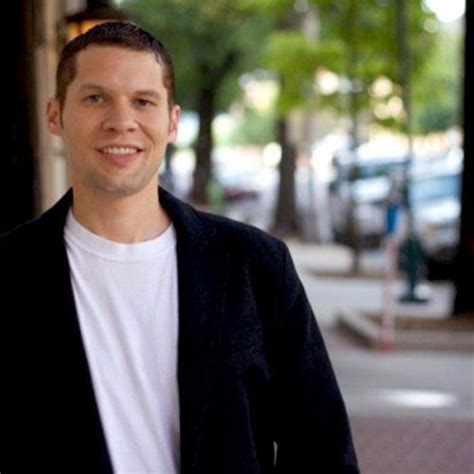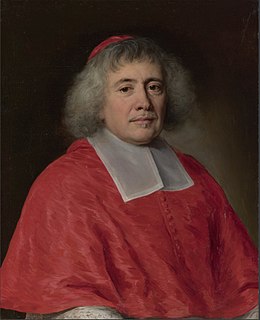A Quote by Matthew J. Kirby
You can never trust anyone once you've had to trap them in a cage.
Quote Topics
Related Quotes
We never will have any prosperity that is free from speculation till we pass a law that every time a broker or person sells something, he has got to have it sitting there in a bucket, or a bag, or a jug, or a cage, or a rat trap, or something, depending on what it is he is selling. We are continually buying something that we never get from a man that never had it.
At MGM there was a script cage in the basement where they’d show rushes. And I thought to myself, “How do I get into the script cage and find out what my future is?” I climbed into the script cage one night and spent the whole night in there. I saw the bowels of MGM. I saw the studio scripts that the producers had seen; the writers had just handed them in. And I started thinking this is a chance to pick my own roles.
The Doctor: [aiming gun at the ceiling] Didn't anyone ever tell you? There's one thing you never put in a trap if you're smart. If you value your continued existence, if you have any plans about seeing tomorrow, there's one thing you never, ever put in a trap. Angel Bob: And what would that be, sir? The Doctor: Me. [fires]
Trust is a fragile thing. Once earned, it affords us tremendous freedom. But once trust is lost, it can be impossible to recover. Of course the truth is, we never know who we can trust. Those we're closest to can betray us, and total strangers can come to our rescue. In the end, most people decide to trust only themselves. It really is the simplest way to keep from getting burned.
When a captive lion steps out of his cage, he comes into a wider world than the lion who has known only the wilds. While he was in captivity, there were only two worlds for him - the world of the cage, and the world outside the cage. Now he is free. He roars. He attacks people. He eats them. Yet he is not satisfied, for there is no third world that is neither the world of the cage nor the world outside the cage.
Each of us is comprised of stories, stories not only about ourselves but stories about ancestors we never knew and people we've never met. We have stories we love to tell and stories we have never told anyone. The extent to which others know us is determined by the stories we choose to share. We extend a deep trust to someone when we say, "I'm going to tell you something I've never told anyone." Sharing stories creates trust because through stories we come to a recognition of how much we have in common.


